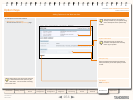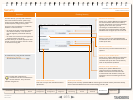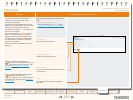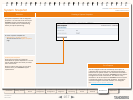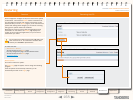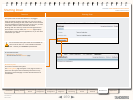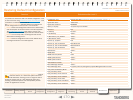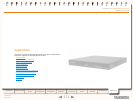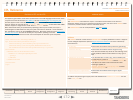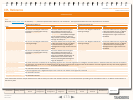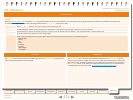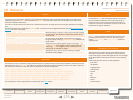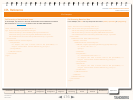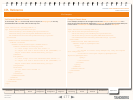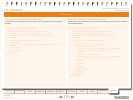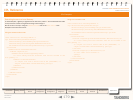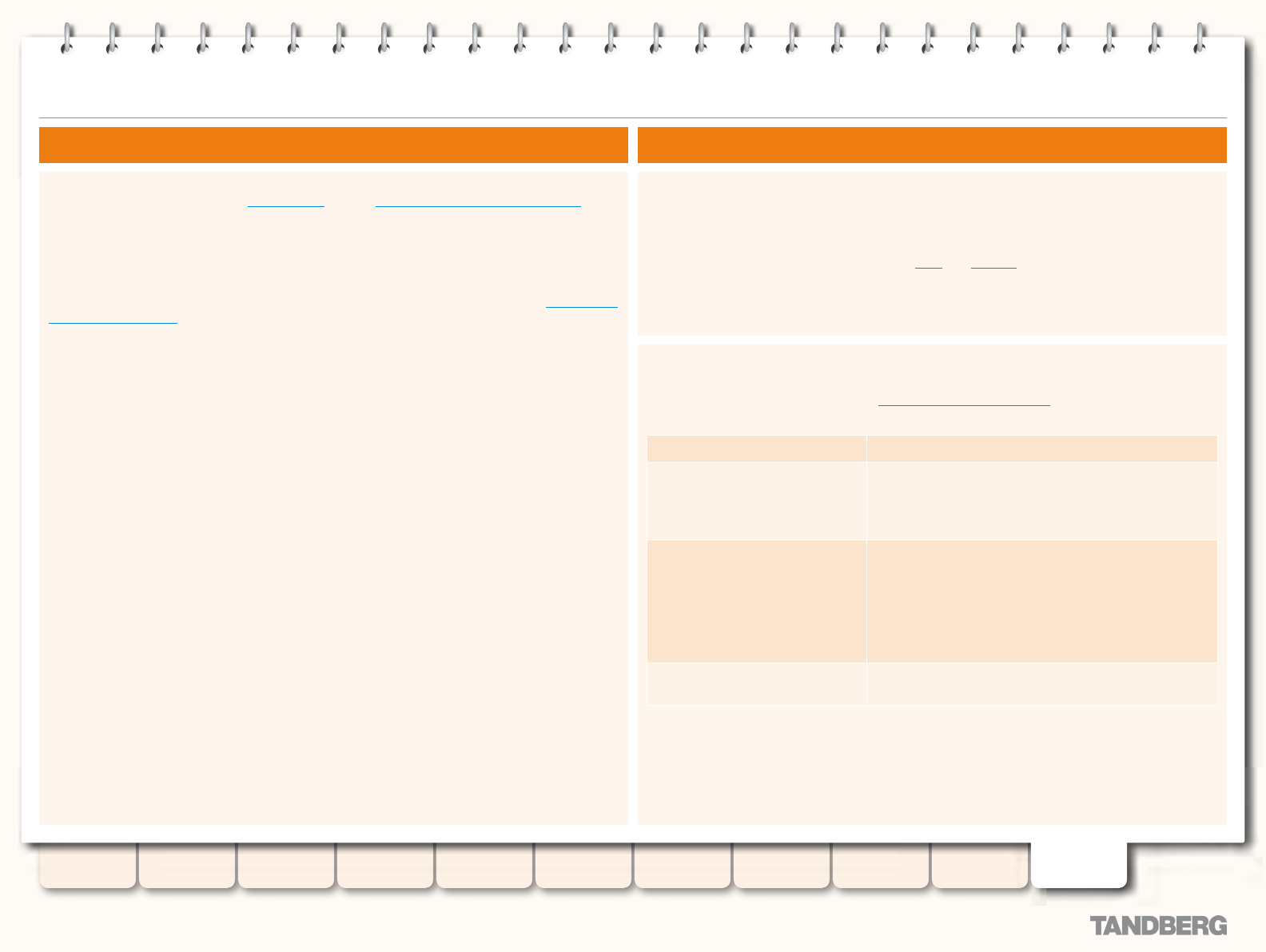
172
D14049.03
MAY 2008
Grey Headline (continued)
TANDBERG VIDEO COMMUNICATIONS SERVER
ADMINISTRATOR GUIDE
Introduction Getting Started
Overview and
Status
System
Conguration
VCS
Conguration
Zones and
Neighbors
Call
Processing
Bandwidth
Control
Firewall
Traversal
Maintenance Appendices
CPL Reference
address
The address construct is used within an address-switch to specify addresses to match. It supports
the use of Regular Expressions (see the Regular Expression Reference for further information).
Valid values are:
is=string
Selected eld and subeld exactly match the given string.
contains=string
Selected eld and subeld contain the given string.
Note: The CPL standard only allows for this matching on the
display subeld; however the VCS allows it on any type of
eld.
subdomain-of=string
If the selected eld is numeric (e.g. the tel subeld) then
this matches as a prex; so
address subdomain-of="555" matches 5556734 etc.
If the eld is not numeric then normal domain name
matching is applied; so
address subdomain-of="company.com" matches
nodeA.company.com etc.
regex="regular expression"
Selected eld and subeld match the given regular
expression.
All address comparisons ignore upper/lower case differences so address is="Fred" will also
match fred, freD etc.
This Appendix gives details of the VCS’s implementation of the CPL language and should be read in
conjunction with the CPL standard RFC 3880 [5] and the TANDBERG guide to writing CPL [22].
The VCS supports most of the CPL standard along with some TANDBERG-dened extensions. It
does not support the top level actions <incoming> and <outgoing> as described in RFC 3880.
Instead it supports a single section of CPL within a <routed> section.
When Administrator Policy is implemented by uploading a CPL script to the VCS, the script is
checked against an XML schema to verify the syntax. There are two schemas - one for the basic
CPL specication and one for the TANDBERG extensions. Both these schemas can be downloaded
from the web interface and used to validate your script before uploading to the VCS.
The following example shows the correct use of namespaces to make the syntax acceptable:
<?xml version="1.0" encoding="UTF-8" ?>
<cpl xmlns="urn:ietf:params:xml:ns:cpl"
xmlns:taa="http://www.tandberg.net/cpl-extensions"
xmlns:xsi="http://www.w3.org/2001/XMLSchema-instance"
xsi:schemaLocation="urn:ietf:params:xml:ns:cpl cpl.xsd">
<taa:routed>
<address-switch eld="destination">
<address is="reception@example.com">
<proxy/>
</address>
</address-switch>
</taa:routed>
</cpl>
Overview of CPL on the VCS address-switch
Overview
The address-switch node allows the script to run different actions based on the source or
destination aliases of the call. It species which elds to match, and then a list of address nodes
contains the possible matches and their associated actions.
The address-switch has two node parameters: Field and Subeld.



